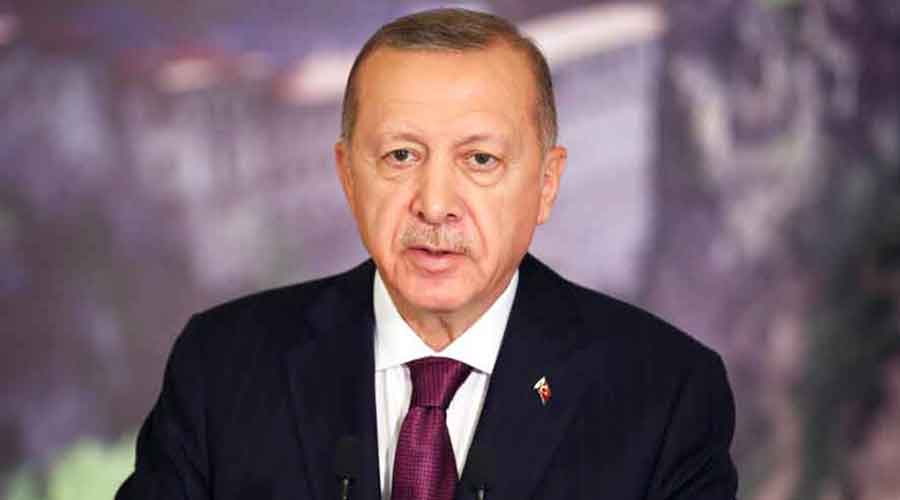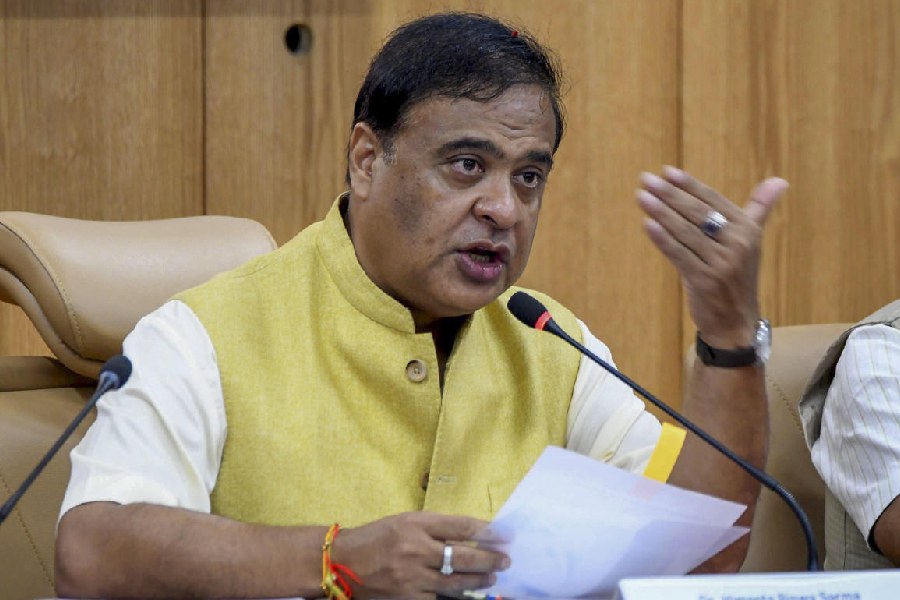Turkey’s Opposition leader Kemal Kilicdaroglu said he was leading against President Tayyip Erdogan in Sunday’s presidential elections despite state media putting Erdogan ahead in early results.
Citing manipulation in the reporting of early results in previous elections, Istanbul’s Opposition mayor Ekrem Imamoglu said on TV that no one should heed early results shared by the state-owned Anadolu Agency.
Early results from Anadolu broadcast by Turkish media showed President Tayyip Erdogan ahead with 52.55 per cent of votes compared to Kilicdaroglu’s 41.55 per cent, although the gap was narrowing as the count continued.
“We are leading,” Kilicdaroglu said on Twitter.
“We can say this comfortably: Kilicdaroglu will be announced as the 13th President of our country today,” Imamoglu added in a news conference. Broadcaster TRT Haber gave the results from Anadalou based on a count of 41.83 per cent of ballot boxes.
Initial results were expected to be favourable for Erdogan, as many of the first counts typically come from his conservative, rural heartland. Sunday’s vote is one of the most consequential elections in the country’s 100-year history, a contest that could end Erdogan’s imperious 20-year rule and reverberate well beyond Turkey’s borders.
Opinion polls before the election had given Kilicdaroglu, who heads a six-party alliance, a slight lead, with two polls on Friday showing him above the 50 per cent threshold needed to win outright. If neither wins more than 50 per cent of the vote, a runoff will be held on May 28. The presidential vote will decide not only who leads Turkey, a Nato-member country of 85 million, but also how it is governed, where its economy is headed amid a deep cost of living crisis and the shape of its foreign policy.
The elections, which are also for parliament, are being intently watched in western capitals, West Asia, Nato and Moscow. A defeat for Erdogan, one of President Vladimir Putin’s most important allies, will likely unnerve the Kremlin but comfort the Biden administration, as well as many European and West Asian leaders who had troubled relations with Erdogan.
Turkey’s longest-serving leader has turned the Nato member and Europe’s second-largest country into a global player, modernised it through megaprojects such as new bridges, hospitals and airports, and built a military industry sought by foreign states.
But his volatile economic policy of low interest rates, which set off a spiralling cost of living crisis and inflation, left him prey to voters’ anger. His government’s slow response to a devastating earthquake in southeast Turkey that killed 50,000 people added to voters’ dismay.
Kilicdaroglu has pledged to set Turkey on a new course by reviving democracy after years of state repression, returning to orthodox economic policies, empowering institutions who lost autonomy under Erdogan’s tight grasp and rebuilding frail ties with the West
Thousands of political prisoners and activists, including Kurdish leader Selahattin Demirtas and philanthropist Osman Kavala, could be released if the Opposition prevails. ”I see these elections as a choice between democracy and dictatorship,” said Ahmet Kalkan, 64, as he voted in Istanbul for Kilicdaroglu. “I chose democracy and I hope that my country chooses democracy,” said Kalkan.










